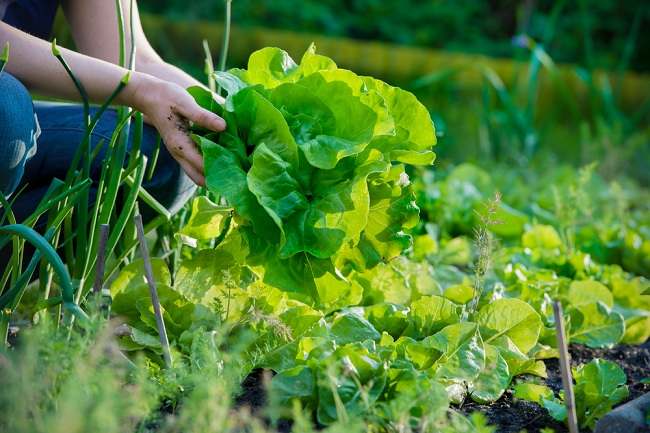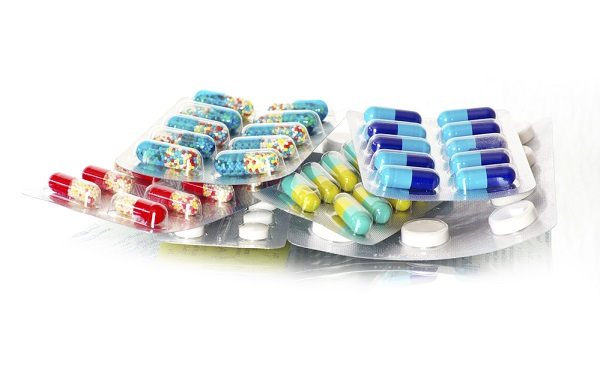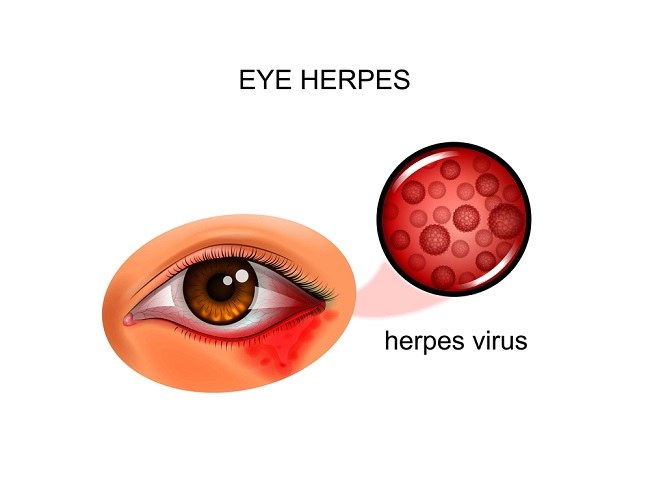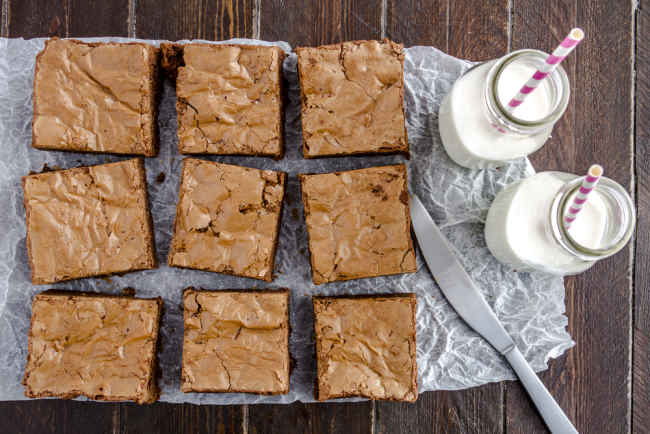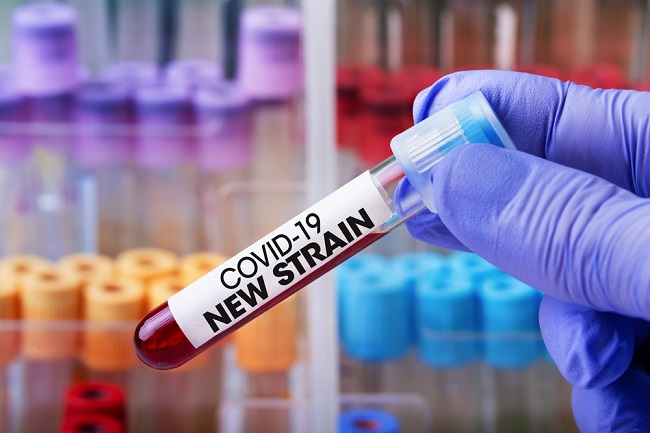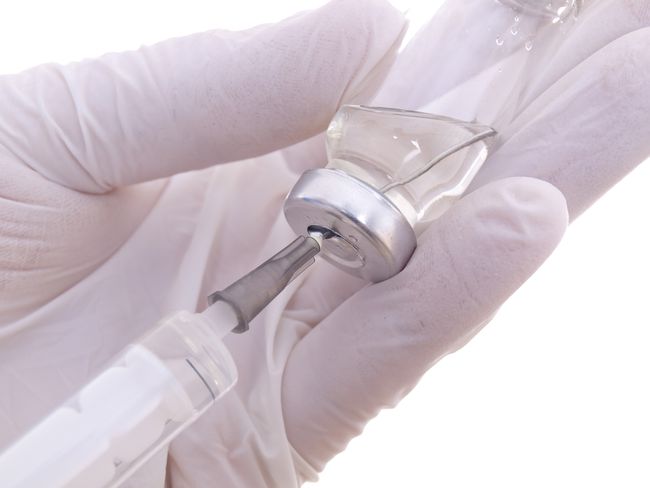After undergoing surgery on the colon which is called colostomy, the patient will be advised to undergo a special diet. Diet for colostomy patients not only plays a role to support healing after surgery, but also to maintain the patient's health in the long term.
After undergoing colostomy surgery, the patient's body's ability to digest and absorb food is certainly not the same as before. Therefore, colostomy patients require a special diet or diet.

Not only to influence the number, frequency, and density of feces, dietary adjustments for colostomy patients also play a role in ensuring adequate nutrition and energy intake, preventing further intestinal damage due to difficulty digesting food, and preventing malnutrition that often occurs after colostomy surgery.
What is a Colostomy?
The colon or large intestine is an organ that absorbs water from digestion. The solid waste products of digestion will pass through the colon and rectum, then excreted through the anus as feces.
A colostomy is a surgical procedure that aims to create an opening or hole as a new drainage route for feces and gas, by connecting the large intestine to the abdominal wall and skin. A colostomy can be temporary or permanent.
Colostomy is generally performed on patients who have problems with the large intestine, rectum, and anus due to various medical conditions, such as:
- Colorectal cancer.
- Abnormalities of the large intestine due to congenital disease
- Inflammatory bowel disease.
- Diverculitis.
- Injury to the intestines.
- Severe intestinal infection.
Diet for Colostomy Patients
For about 6-8 weeks after surgery, patients are advised to eat only plain, low-fiber foods. After that, it is hoped that the swelling in the intestines has improved and the patient can return to eating as usual, of course slowly and with some adjustments.
The following are suggestions that are usually given by doctors regarding diet for colostomy patients:
- Increase the frequency of eating up to 3-5 times a day with smaller portions. Small but frequent portions of food are more acceptable to the body and will reduce gas production.
- Schedule meals at the same time each day to help the intestines adapt to conditions after the colostomy and promote bowel movements.
- Chew food slowly until it is completely pulverized, to prevent blockage in the intestines.
- Do not use a straw when drinking, reduce the consumption of chewing gum, and stop the habit of talking while eating, to reduce gas in the digestive tract.
- Sufficient fluid needs by drinking water about 8-10 glasses per day, but not at the same time as eating. Colostomy patients are at risk of losing more water because the function of the large intestine to absorb water will be reduced.
- Make notes regarding the type of food consumed, how to prepare it, and any adverse reactions that occur, such as diarrhea, constipation, bloating, or stomach pain. Apart from helping the patient to monitor his diet, this record will also assist the nutritionist in choosing the type of food that is suitable for the patient.
Recommended Type of Food
The following are the types of foods that are recommended for colostomy patients and how to consume them:
1. Milk and its processed products
Some patients can develop lactose intolerance after undergoing a colostomy, so it is advisable to consume milk or dairy products, such as cheese and yogurt, slowly.
Limit consumption of whole milk or whole milk and its preparations, and replace it with milk skim or low-fat milk. If you experience diarrhea after consuming cow's milk and its processed products, replace it with soy milk, milk almonds, or lactose-free milk.
2. Spicy foodprotein tall
Lean meat, fish, and skinless poultry are good sources of animal protein for patients after a colostomy. Eggs can be consumed, but not too much, just one egg a day.
Nuts and mushrooms are good sources of plant-based protein, but be sure to eat them in small amounts and chew them finely, to avoid intestinal problems.
3. Low-fiber foods
Low-fiber foods, such as white bread and rice, are good for colostomy patients. While high-fiber foods, such as brown rice, quinoa, and whole grain bread, should be limited in the first few weeks after surgery, then can be started to be consumed one by one gradually.
4. Vegetablesan
The recommended types of vegetables are vegetables without skin and seeds, such as carrots, beans, peeled tomatoes, and lettuce. The vegetables must be entered first until cooked.
While the types of vegetables to avoid are onions, cauliflower, asparagus, broccoli, and cabbage, because they can increase gas production.
5. Fruit
Types of fruit that are good for colostomy patients are bananas, watermelons, and melons. While apples, strawberries, blueberries, and grapes are okay to eat, as long as the skin is peeled first.
6. Fat
Colostomy patients are advised to reduce the consumption of high-fat foods, such as fried foods or fatty meats, because they can cause abdominal discomfort.
The recommended fats are healthy fats that come from olive oil and fish oil.
Not only food, the types of drinks consumed by colostomy patients also need to be considered. In addition to water, colostomy patients can also consume fruit and vegetable juices, according to the types recommended above.
It's best to limit drinks that contain caffeine, soda, or a lot of sugar, as they can cause excess gas. To help meet the needs of electrolytes, colostomy patients are advised to consume electrolyte drinks.
Some types of food can indeed cause digestive complaints, such as excess gas production, foul-smelling farts, diarrhea, and constipation, but each patient has a different reaction to these types of food.
Diet for colostomy patients does require adjustment. To get the type of diet and eating pattern that suits the needs and conditions of the body, colostomy patients can consult further with a nutritionist.
Written by:
dr. Andi Marsa Nadhira

